I have been consulting with a variety of clients over the years. From the first phase of conceiving an idea through seed round financings and scaling organizations, domestically and internationally, I have worked directly with all types of entrepreneurs.
There are lots of books and articles that talk about business models and communication tools, from project planning to resource management. How to coach to what’s the best business forecasting spreadsheet. All of which can be helpful in specific situations or for certain client engagements. In my experience, though, a successful client engagement comes down to four basic components: Listen. Educate. Advise. Deliver. (L.E.A.D.).
Listen
You hear this advice all the time. “Ask questions.” “Learn as much as you can.” “Let them do most of the talking.” Whenever I was involved in consultative selling or working with clients on large, complex projects, I found that the more I listened the more I learned about what was really motivating the client when they asked me to provide specific deliverables.
It sounds so simple. But in practice, it is sometimes quite difficult not to take over the conversation and direct your client down the path that you “know” is the “right” answer. You are the consultant. The coach. The advisor. The one with all the answers. So, you are supposed to tell your client what to do, right? Well, sort of.
First, you have to listen to ensure that you understand a) how (and why) they are in the current spot, b) what challenges/hurdles are they facing to enable them to take the company to the next stage (financing, growth, sales, hiring staff, etc.), c) what resources do they have to get them there, and d) what are they missing to ensure success. These are critical questions, the answers to which will enable you to craft a solution that fits their situation and meets their business requirements.
Educate
You have years of experience in helping to solve client problems, guiding them around all the landmines that you yourself have stepped on in the past. So, just tell them what to do. The problem with that approach is that you have not taught them anything. You have a responsibility as a consultant to educate your clients about why a certain path makes more sense than the others that they have considered or that you have thought about in your conversations with them.
It can be easy to have a knee-jerk response when the answer seems (and might be) obvious to you. However, to your client, who lives in their business each and every day, they may not have the years of experience to truly understand the impact of making the change that you suggest.
Thus, you need to provide examples of how you faced similar issues in the past, what you did in those situations, and the outcomes. How did you help your past client(s) through those similar challenges? And, what can your current client apply from your past experience that will assist them?
Advise
I have encountered many situations where clients just want me to give them the answer. They are so lost or so wrapped up in their own psychological (and sometimes, emotional) roadblocks that no amount of explaining how they can learn from my past engagements will help. In these situations, I have to lead them to the promised land, sometimes kicking and screaming (figuratively).
By providing them with my opinion as to drawn-out therapy session. Sometimes clients are just not in “learning mode” and you have to give them the answer(s) they so desperately want/need. That’s ok. It happens. You just need to understand that your job, at the end of the day, is to coach them, educate them, help them to become better leaders themselves and not provide the answers in every difficult situation they will face.
But, as a “trusted advisor”, which I hope you are or can become quickly, they are often in need of actual advice from you. Not a tool. Not a spreadsheet or project plan. But, how do they deal with a difficult situation in a way that doesn’t cause adverse impact to the rest of the organization?
Or how do they create a Board of Directors that will actually be helpful not harmful? Whatever the case may be, your advice can sometimes be the difference between turning around a difficult situation and having a company continue to live in turmoil.
Deliver
I have heard lots of stories from my past, current and even prospective clients about consultants (either financial or management) that come into their company, charge a boatload of fees, and end up not delivering anything of value. Or, even worse, causing more harm to the organization and putting them in a worse spot than when they engaged with the consultant.
Since you are reading this article, I will go out on a limb and assume that’s not what your goal with your clients. So, keep it simple. Tell them what you experience says about a particular situation. Roll up your sleeves. And then get in there and help them actually solve the problem(s) that they are facing. Don’t just give them a roadmap and tell them to execute and you will check in with them in a month.
Actually, put together a plan where you are an integral part of the delivery team. Assign tasks to yourself as well as others and hold yourself accountable just as the CEO should hold his/her Management Team members accountable as well.
I LEAD by example. It has served me well over the years and I will continue to practice what I preach. My clients reap the benefits of this simple approach to my consulting practice.

